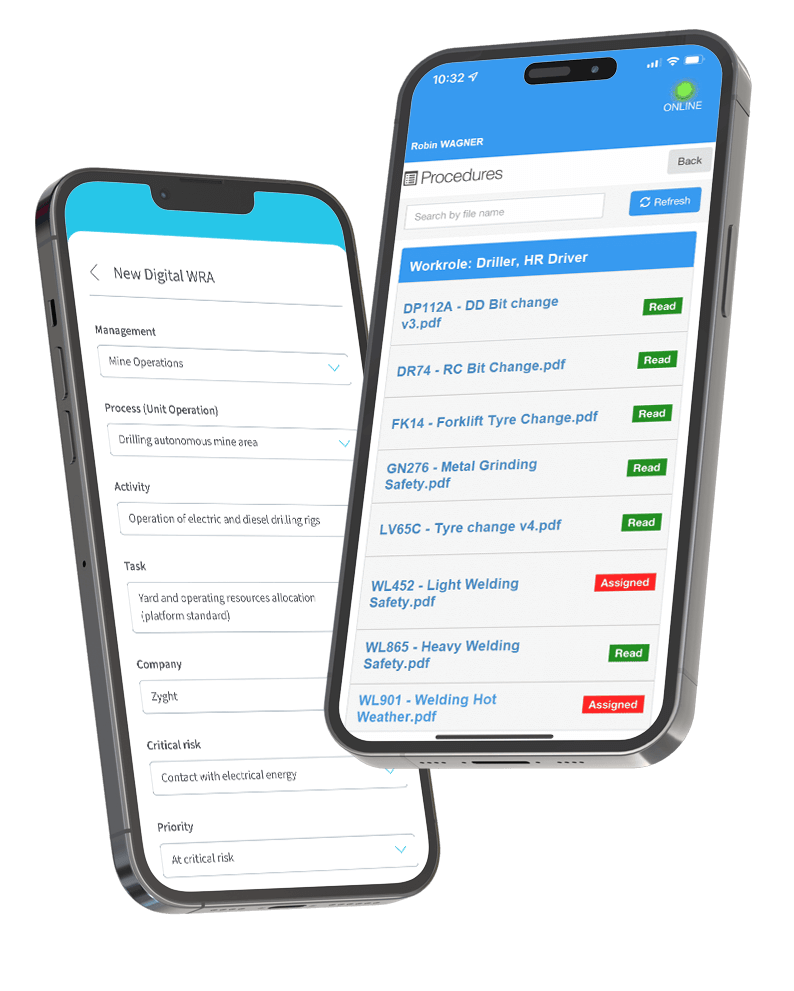Seeking further information?
For expert guidance in achieving your company’s objectives, connect with our specialized team dedicated to supporting your journey to success.

Connect with us
If you are interested in discussing potential acquisitions of your company or wish to learn more about our portfolio of software, please complete the specified acquisition form.
Key Benefits
of our sustainability software solutions
Data-driven decision making
Easily collect and manage extensive data for informed, strategic decisions that boost business growth.
Enhanced risk management
Identify and mitigate risks proactively to ensure operational resilience and regulatory compliance.
Increased profitability
Drive revenue growth through optimized processes and sustainable practices that reduce operational costs.
Accurate data integrity
Maintain flawless data accuracy across the entire value chain, ensuring seamless operations and trust.
Optimize SDG compliance
Align with corporate standards and Sustainable Development Goals (SDGs) effortlessly with our advanced tools.
Operational Efficiency
Streamline workflows and enhance efficiency, enabling your business to achieve sustainability targets faster.
Audit compliance
Improve your ability to meet regulatory audits and uphold industry standards with confidence.
Transparency & traceability
Boost visibility into environmental compliance and decarbonization initiatives, increasing trust with stakeholders and clients.
Our Commitment to Sustainability
VST leads with a vision deeply rooted in sustainability, where every aspect of our business strategy is aligned with environmental stewardship, social equity, and sustainable economic practices, actively fostering a future where corporate responsibility and ecological consciousness go hand in hand to create a more sustainable world.
